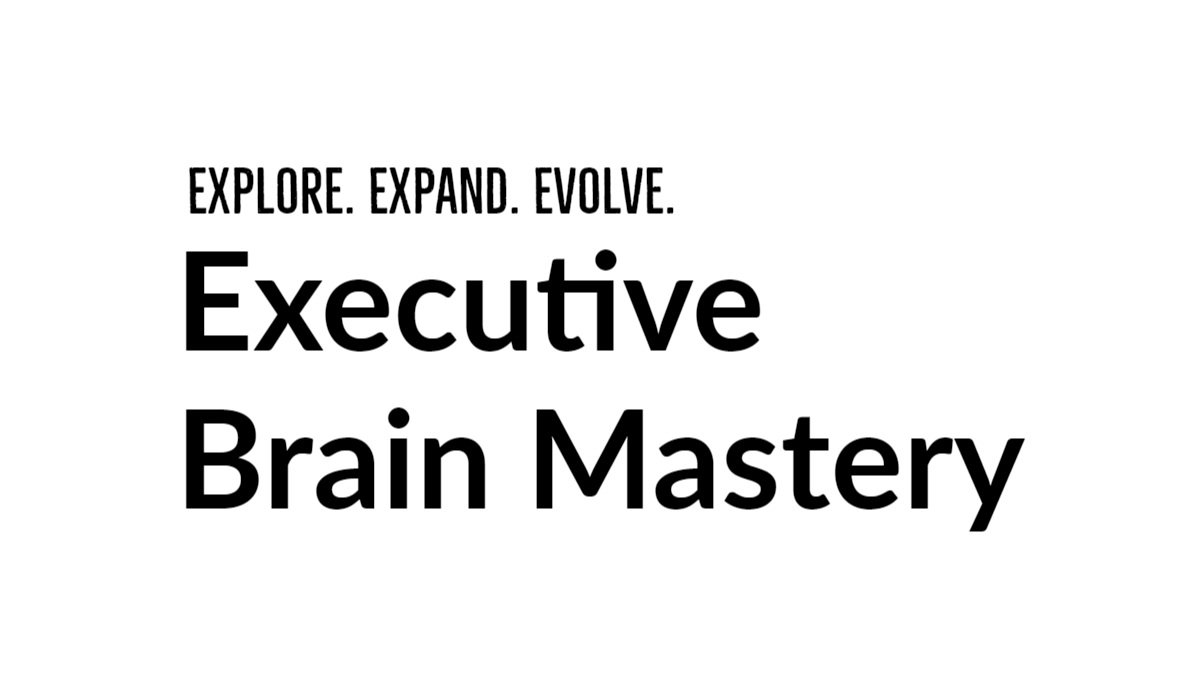Why Some Clients Stop Coming When Things Start Getting Better
One of the most common questions I hear in my neurofeedback practice is:
"What can I do to make this work best?"
The answer is simple, but powerful:
Consistency.
Regular sessions help your brain learn and integrate new patterns of regulation.
But here’s the surprising part: just when things start to improve, some clients disappear.
That is something that many clinicians, including those in talk therapy, somatic work, and neurofeedback, encounter at some point.
Repetition rewires the brain. Neurofeedback helps the brain see itself - and change.
Why the Brain Resists Feeling Better
As symptoms ease and you begin to feel better, your brain may enter unfamiliar territory.
Less anxiety
Calmer emotions
Improved sleep or focus
Healthier relationships
But better doesn’t always feel safe.
When calm is unfamiliar, your brain may interpret it as a threat.
This is due to how your Amygdala, your brain’s internal alarm system, works.
As it hasn’t frequently experienced peace before, Amygdala may flag it as “danger.”
💡 Your brain prefers a familiar hell over an unfamiliar peace.
It's not sabotage - it's survival.
Signs You May Be Subconsciously Resisting Progress
An urge to cancel, deprioritise or skip sessions
Thinking “I’m fine now” after a couple of better days
Questioning “What am I doing here, this is ridiculous”
Feeling disoriented, agitated, or “off”
Returning to old habits or relational patterns
Feeling emotional for “no reason”
These are not signs that neurofeedback isn’t working.
They’re signs that changes have started - and your brain is adjusting.
In both talk therapy and neurofeedback, ambivalence is part of healing.
Dynamical Neurofeedback®: Shadow Work Without the Story
For a short period during the training process, small number of clients may experience:
Spontaneous emotional surfacing (e.g., unresolved grief, trauma fragments)
Heightened awareness of repressed patterns (e.g., irritability, old narratives, body sensations)
Release of unconscious material without conscious digging (for example through vivid dreams)
Subtle reorganization of identity over time (e.g., old coping mechanisms dissolve)
These effects echo what Jungian psychology calls shadow work: the process of integrating unconscious or denied aspects of the self.
But with neurofeedback, it happens without needing to talk about it.
The brain simply sees itself—and adapts.
Why Consistency Is More Important Than Motivation
You don’t have to feel ready every time.
You just have to show up.
Change happens through repetition.
If you stop when it’s just starting to work, the brain may slide back into old loops, not because you failed, but because the rewiring wasn’t complete.
Repetition Builds New Neural Loops
Neurofeedback is not a push or a fix—it’s a mirror.
The more often your brain sees its patterns, the more easily it shifts.
With gentle, regular sessions, your brain learns:
Calm is safe
Focus is possible
Peace is sustainable
You don’t need to go back
Healing Starts When You Stop Self-Abandoning
If you feel like quitting, ask yourself:
What feels unfamiliar about feeling better?
Is this a sign of my brain testing a new way of being?
What would happen if I just kept showing up?
Healing isn’t always dramatic. Sometimes it’s just quiet repetition.
Your nervous system doesn’t need to be forced—it just needs time and space to reorganize.
You don’t need to understand every shift to benefit from it.
Your brain already knows the way.
Keep showing up.

